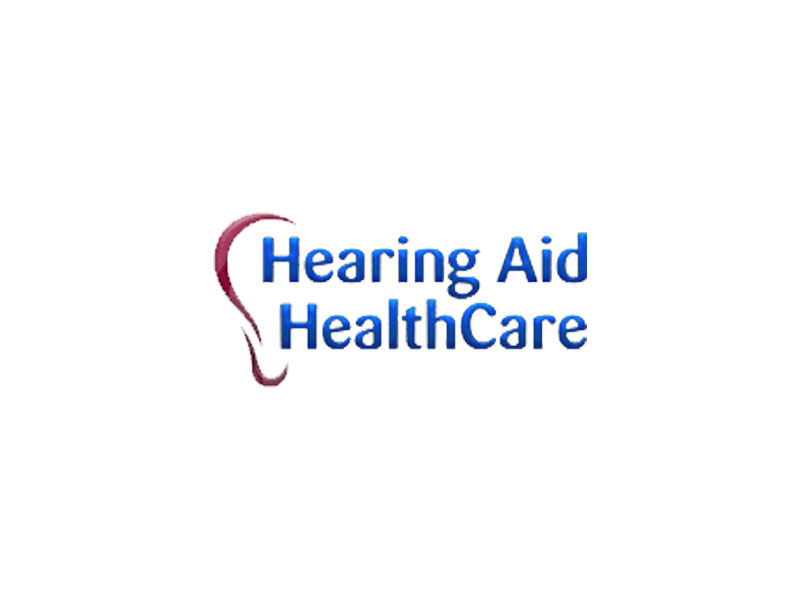Nearly every drug – doctor prescribed or over-the-counter (OTC) – has a related list of possible side effects. Did you know certain medications can lead to hearing loss or balance problems? These sorts of medications are known as ototoxic. Ototoxic medications are drugs, whether over-the-counter or doctor-prescribed, which are harmful to the health of your ears. There exist in excess of two hundred known ototoxic drugs that are regularly used based on data from the American Speech-Language-Hearing Association. The five categories of medications below are a few of the more common ones that you may be familiar with or even be using.
- NSAIDs – Nonsteroidal anti-inflammatory drugs(known as NSAIDs) can lead to temporary hearing loss and a ringing in the ears.Naproxen and ibuprofen are two widely used NSAIDs.
- Loop Diuretics – Heart failure, high blood pressure, and some kidney disorders are routinely treated with Loop diuretics. Hearing loss and tinnitus are potential side effects brought on by these, but have a tendency to be mild and are often unnoticed by patients.
- Salicylates – Commonplace pain relievers such as aspirin or aspirin-containing medications contain Salicylates. In doses of eight or more tablets per day, salicylates are known to cause tinnitus and hearing loss. Fortunately, the negative effects disappear once the medication containing the salicylates is discontinued.
- Aminoglycoside Antibiotics – Streptomycin, gentamicin, kanamycin, amikacin and neomycin are just some of the aminoglycoside antibiotics prescribed in the treatment of bacterial infections. These medications generate free radicals, which can cause damage to the inner ear. Babies have been known to be born deaf as a result of the mother taking kanamycin or streptomycin during pregnancy.
- Chemotherapy Drugs – Cancer treatment medications, such as bleomycin, carboplatin, cyclophosphamide and cisplatin can cause irreversible hearing damage. If you have any hearing or balance changes from your chemotherapy drugs, consult your doctor.
The risk for hearing damage generally rises with dosage for many drugs and when several of these medications are taken simultaneously. If you take any of these medications and are concerned about possible ototoxic side effects, talk to your physician or pharmacist so that they can analyze your dosage and help keep you at minimal risk and optimal hearing health.
